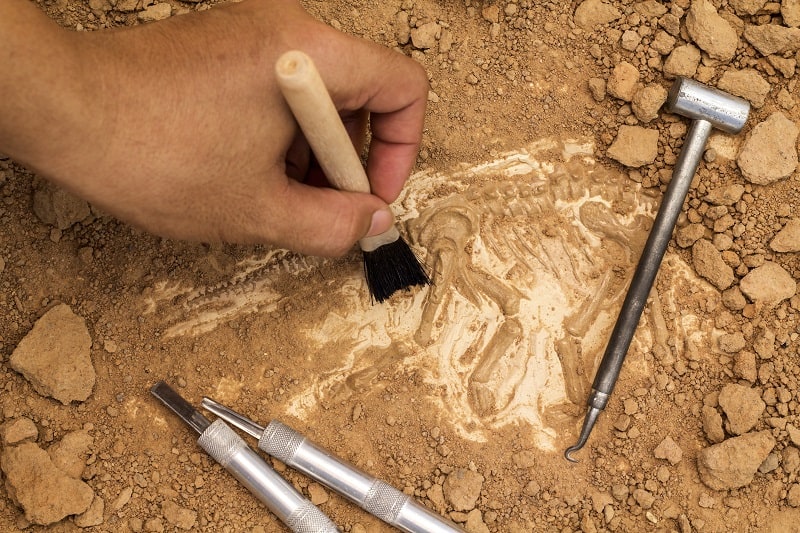Archaeology Proofreading and Editing Services
Proof-Reading-Service.com provides professional journal article editing and dissertation proofreading services for senior researchers, university instructors and students working in the many fields of archaeology. Learn more about how to submit your book, thesis, dissertation, article, presentation, essay, report or proposal for our archaeology proofreading services.
Archaeological writing shares with its readers plausible stories about the past, and there can be no doubt that the archaeological discoveries and publications of recent decades have reinforced the importance of those stories in shaping and reshaping authoritative perceptions of humanity and its history. It comes as no surprise, then, that writing is an essential practice for successful archaeologists, so much so, in fact, that writing is said by some to be as vital to archaeology as fieldwork is. Artefacts and sediments do not become exciting propositions and established theories about human behaviour and development on their own, after all; knowledge, experience, curiosity, analysis, reflection, logic and insight must be combined in effective written communication to fill the gap between material discoveries and the understanding of the past that is derived from them. The highly educated members of the Proof-Reading-Service.com archaeology proofreading team are experts in both archaeology and the English language, so their proofreading services will give you more confidence in the scholarly writing you submit for publication or grading or share with your colleagues or mentors.

Although every archaeologist writes papers, reports and other assignments while working towards a degree and most archaeologists hope to publish the results of their research, not all postsecondary and postgraduate programmes in archaeology acknowledge the true significance of writing in the field by including educational elements specifically designed to help students refine their textual skills. This means that the principles and techniques essential for successful surveys and excavations are far more familiar to archaeologists than the principles and techniques essential for writing about those surveys and excavations, a situation that leaves many archaeologists unaware of effective writing strategies such as using the active voice as much as possible, avoiding obscure jargon and excessive nominalisations, varying the length and structure of sentences, hooking the reader’s attention immediately and holding his or her interest by presenting research as an exciting narrative. However, it does not mean that scholarly standards of writing can be neglected or compromised by archaeologists any more than the exacting standards of surveying and excavating can be.
On the contrary, successful archaeological writing must be thoughtfully organised with a logical argument that is enhanced by a carefully designed structure. Spelling, punctuation and grammar must be correct in order to communicate sophisticated material with clarity. Specialised terminology and nonstandard abbreviations must be defined when introduced and used with care and consistency throughout a document. Sentences and paragraphs must be properly constructed, and transitions between ideas and procedures must be clear and smooth. Citations and references must be both accurate and thorough, with every source cited in a document included in the bibliography, and they usually need to observe a specific style as well. The dates so central to archaeological work must be used with the utmost accuracy and consistency if the argument is to be taken seriously, and the dating conventions adopted for a document should be explained for readers. Graphs, maps and photographs must convey the information they contain with clarity and efficiency, and they should also be carefully labelled and referred to in the discussion so that readers understand their contents and their role in the argument. An archaeology proofreader or editor provided by Proof-Reading-Service.com can check these and many other aspects of your writing and formatting, making corrections where necessary and offering suggestions for further improvements that you may want to consider.
A large portion of our clientele consists of professors, senior researchers and advanced students who are not native speakers of English but who wish or need to present or publish their scholarly writing in the English language. Our archaeology proofreaders assist such authors in communicating as clearly and with as much precision and sophistication in English as they could were they writing in their native language. In addition, the proofreading services offered by Proof-Reading-Service.com can be extremely helpful for native speakers of English who would like a second pair of professionally trained eyes to ensure that their writing contains no errors or inconsistencies in language or formatting and is generally polished to perfection. If you are working on an archaeological document, please send it our way. We would be delighted to help you refine your writing and meet the high scholarly standards to which you aspire.



